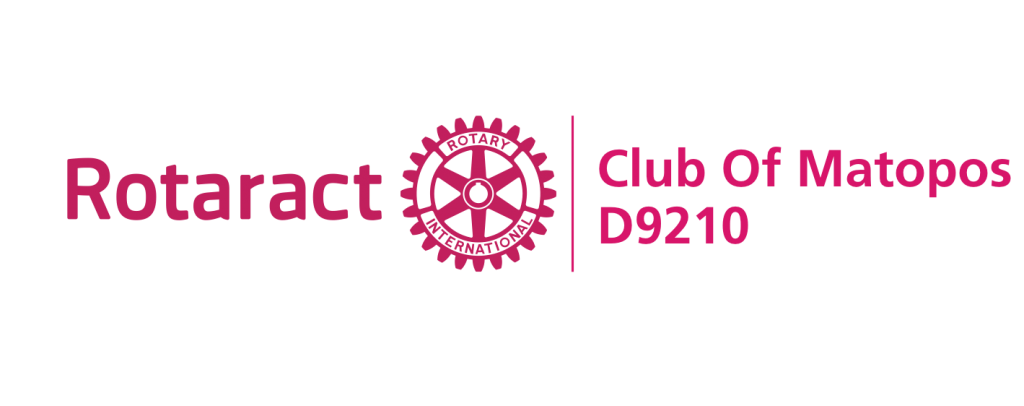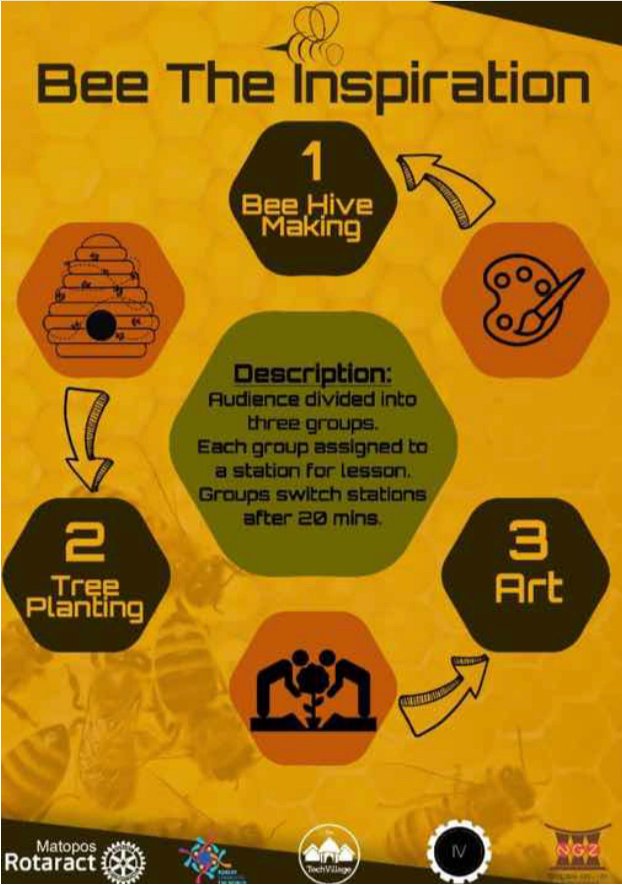The journey of entrepreneurship is seldom a solo mission. There are always stakeholders, silent or otherwise, that contribute to the life of an entrepreneur or change maker. This is especially true in an African context where resources are in short supply. People need to pool together to make a project work. The spirit of “Ubuntu” (I am because we are) is a good principle to live by when embarking on this journey. This is where entrepreneur support systems come in.
Young innovators and entrepreneurs require support systems if they are to trudge through and actually build solutions for their societies. Support can come from family, friends, corporate organisations, government, industry peers, and other community based initiatives. One such initiative is Rotaract, which is a member of Rotary International. Rotaract is a global network of young people, aged between 18-30 years. These young people come together to create lasting solutions to problems in their communities. With almost 11 000 clubs world-wide, Rotaract, is definitely a force to be reckoned with as a champion of youth led initiatives.
Rotaract Club of Matopos

The Rotaract Club of Matopos (Bulawayo) consists of young professionals with a considerable number being entrepreneurs. One of the pillars of the club is professional development, for their members and the communities they are trying to impact.
The club is committed to community service initiatives that answer the call of community needs. This usually involves running sustainable projects for a targeted community that they can carry on with even without the club. Members are always keen on empowering communities through sharing knowledge in their field of expertise such as entrepreneurship
Entrepreneurship to the grassroots
Bee the Inspiration is one of the clubs community initiatives, aimed at helping youth attain financial independence. It is a bee keeping project run in the rural Matobo district. The club members teach high school students how to make their own beehives as well as beekeeping techniques. They hope that the lifelong skills will generate an income for the community. In the long run, the income from the project will go a long way towards alleviating poverty of the students and their families. Such initiatives are not only fostering financial sustainability but they are also environmentally friendly because of the ecological role of bees.

After successful implementation of the project, the club hopes to expand the project to other schools in Matabeleland South and to leverage the knowledge base of its members to teach financial literacy and business management skills. These are necessary skills for the students as they will be running the project by themselves. They are also working towards value addition skills training. The idea behind this is to encourage creativity to come up with a variety of honey products as their bee keeping project grows.
Whilst the students are in charge of how their project is run, Rotaract Matopos still provides that is needed for continuity. Entrepreneurial support can come from family and friends, corporate organisations, government, the legal fraternity and other places. Making use of these support systems allows founders and innovators have a bigger impact in their work. It indeed takes a village to raise a child.
